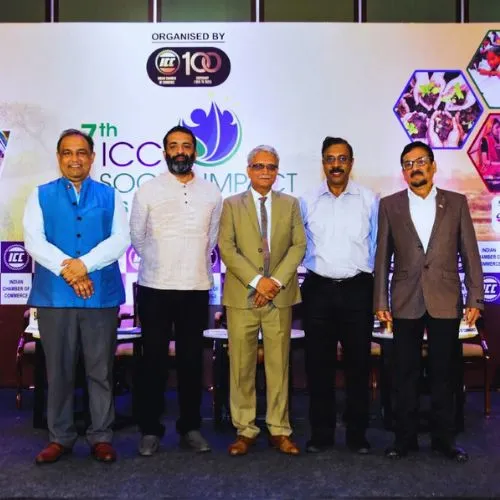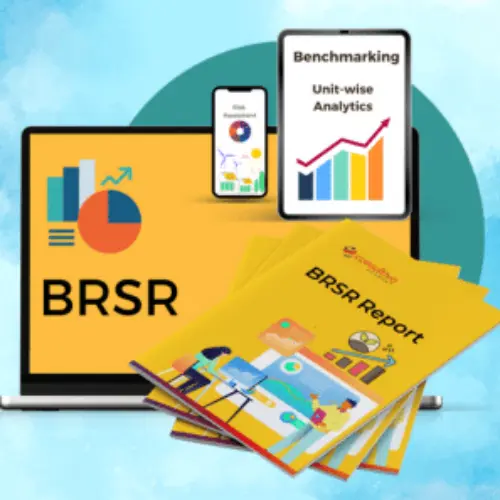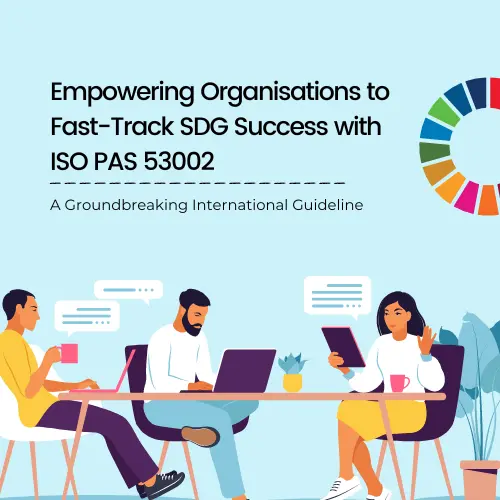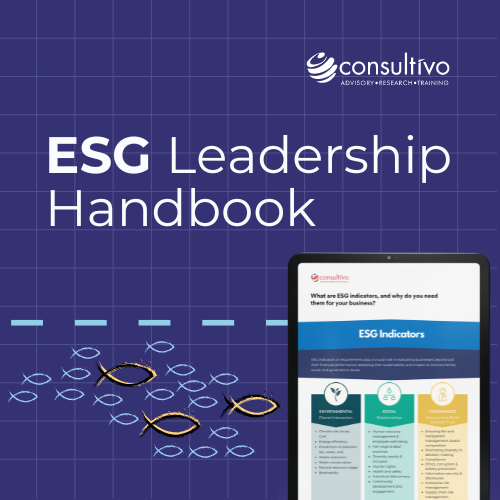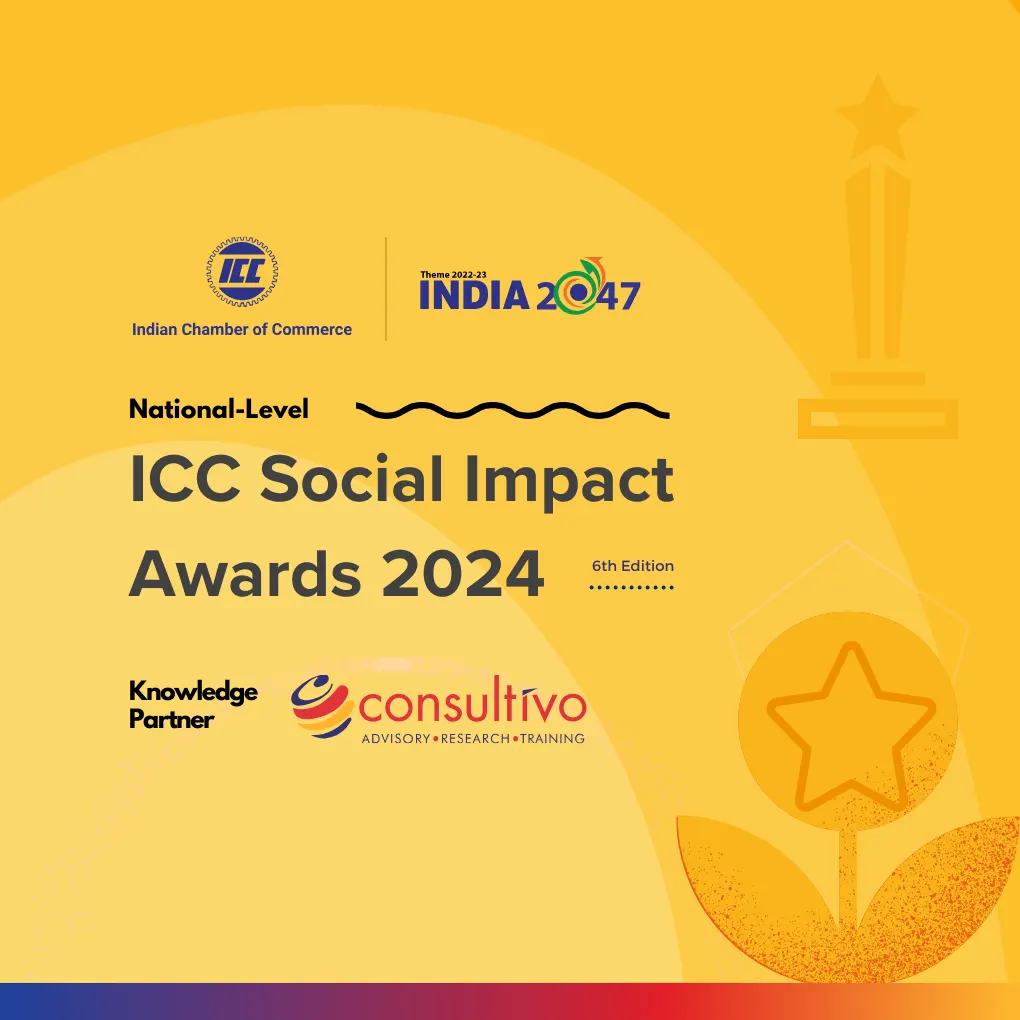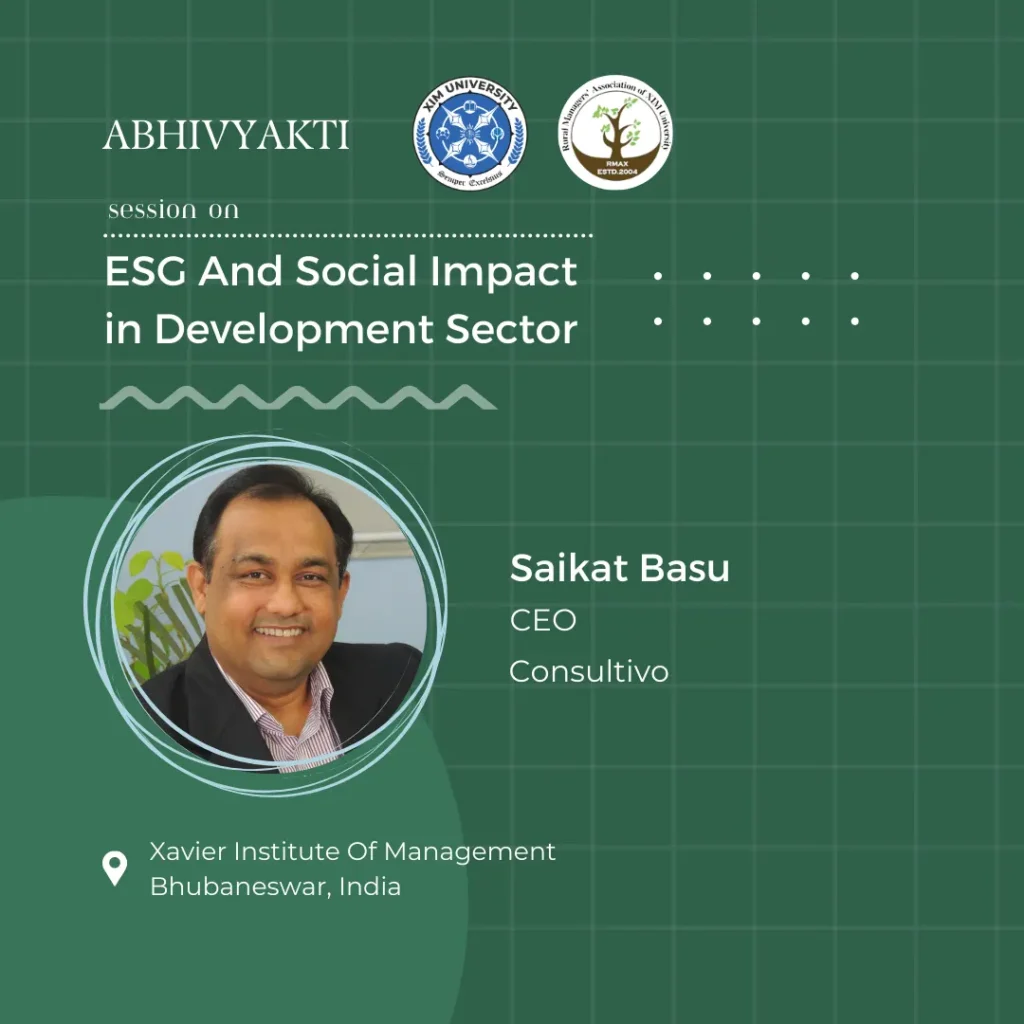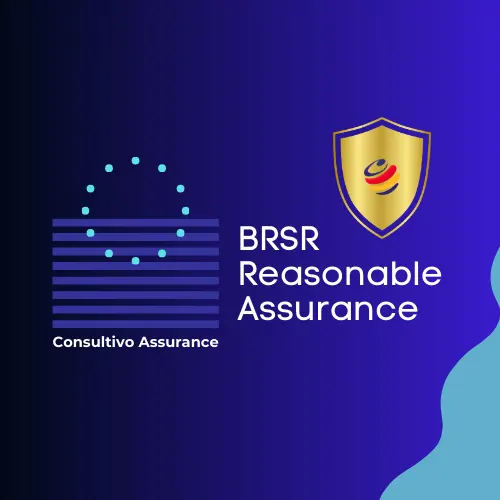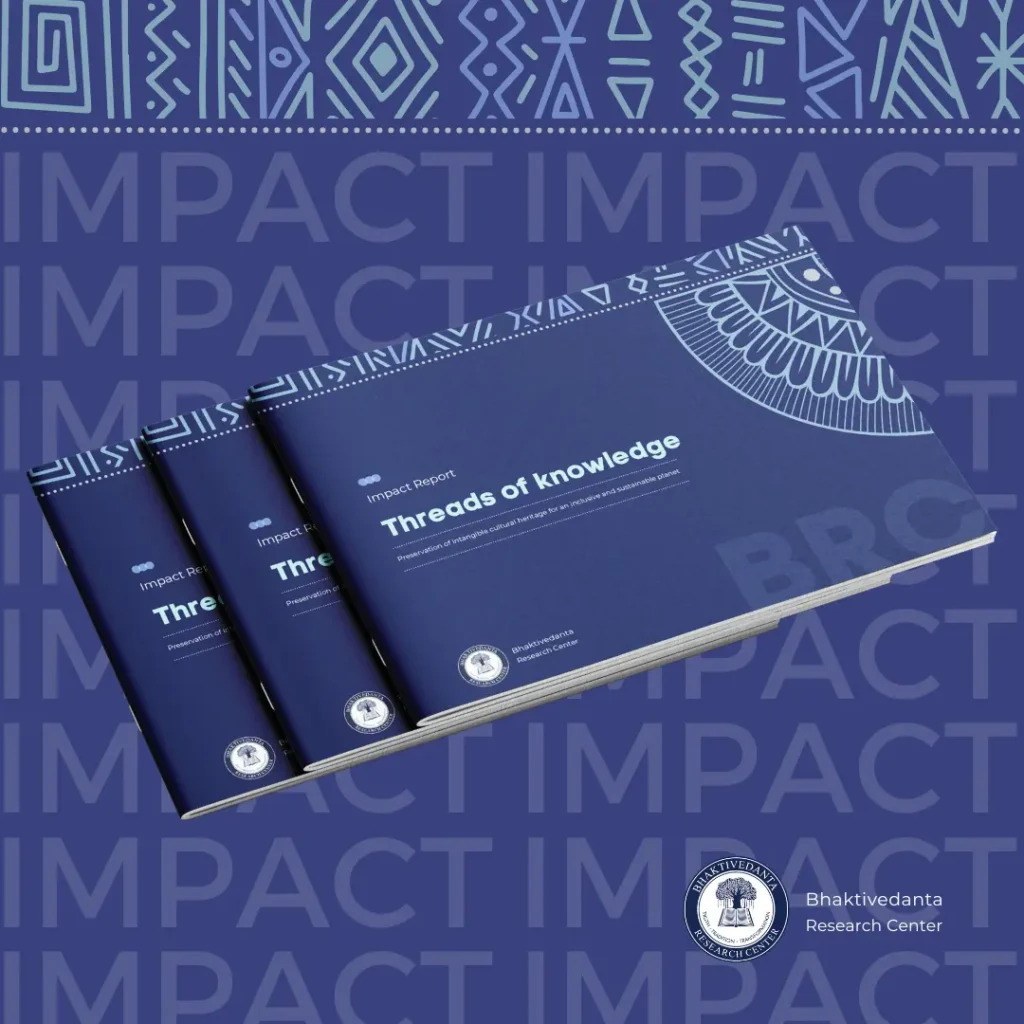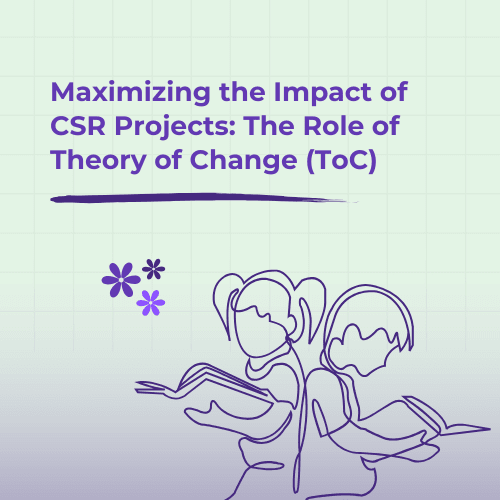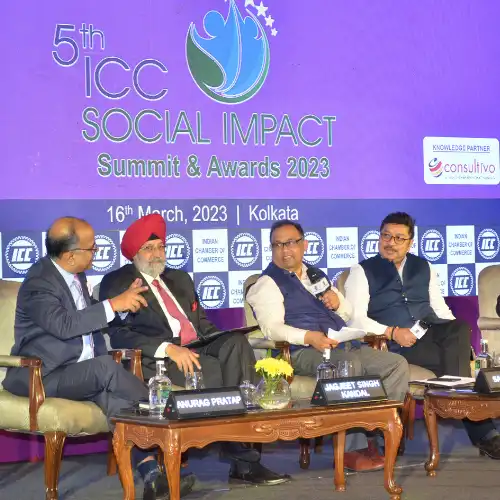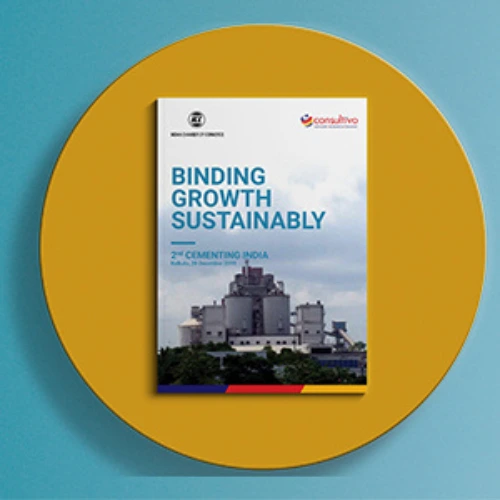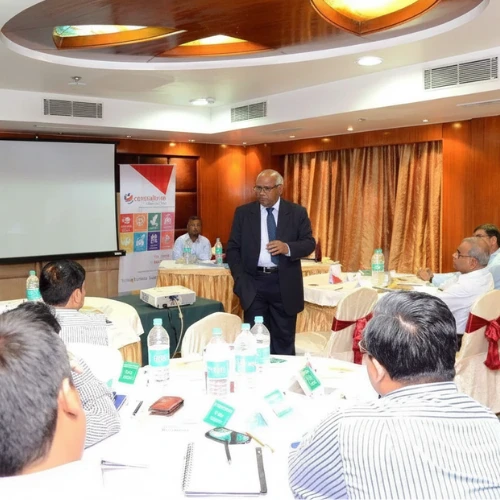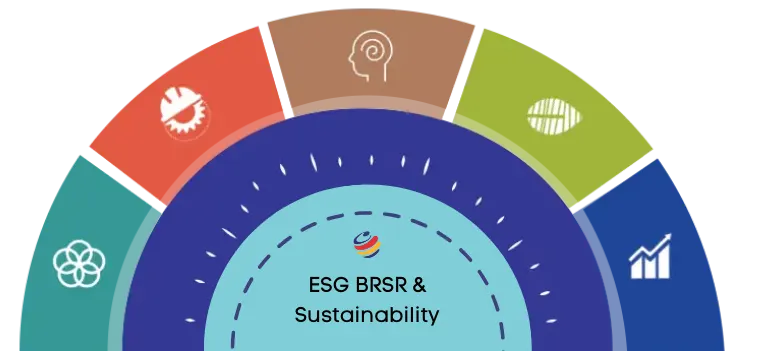
Trusted partnerships for real community change
NGOs and CSR partnerships create sustainable impact by combining corporate resources with grassroots expertise. These collaborations ensure the project meets real needs and delivers long-term social value.
What you will find here
In today’s business world, Corporate Social Responsibility (CSR) is more than just charity. It has become a core part of business strategy. Companies are expected to contribute positively to society. This shift has increased the need for strong partnerships between businesses and Non-Governmental Organisations (NGOs).
NGOs play a vital role in CSR implementation. Their local presence, experience, and community trust make them ideal partners. They help turn corporate intentions into real social impact.
The role of NGOs in CSR
NGOs support businesses in planning and executing meaningful CSR projects. Their key contributions include:
Identifying community needs
NGOs are close to the ground. They understand the real issues faced by people. This makes them effective in identifying problems and prioritising areas for intervention. Businesses benefit from this knowledge while designing CSR initiatives.
Designing focused programmes
NGOs have experience working with different communities. They know what works and what doesn’t. They can design customised, goal-oriented programmes. These are more likely to bring change than general one-size-fits-all solutions.
Gaining community trust
Local communities trust NGOs more than companies. They are seen as neutral and caring actors. This trust helps in better stakeholder engagement and smoother project rollout.
Implementing on the ground
NGOs have trained staff and field teams. They know how to manage logistics in rural and urban areas. With their help, projects reach the right people quickly and effectively.
Monitoring and evaluation
A critical part of CSR implementation is monitoring and evaluation. NGOs are skilled at collecting data and tracking progress. They help companies measure success and identify gaps.
Promoting sustainability
Many NGOs also work on policy advocacy and behaviour change. This ensures that the impact of CSR projects lasts beyond the project period.
Strategic CSR project delivery
A successful CSR programme requires more than money. It needs strategy, structure, and trusted partnerships. NGOs help companies adopt a strategic CSR model. Two key areas in this model are governance and the Theory of Change.
Governance in NGOs
Before partnering with an NGO for CSR activities, companies must assess its governance. Important areas include:
- Transparency: Are their finances open and well-managed?
- Accountability: Do they follow clear processes?
- Stakeholder engagement: Do they involve local communities, governments, and donors?
- Leadership: Is their management strong and responsive?
- Compliance: Do they follow legal rules and ethical practices?
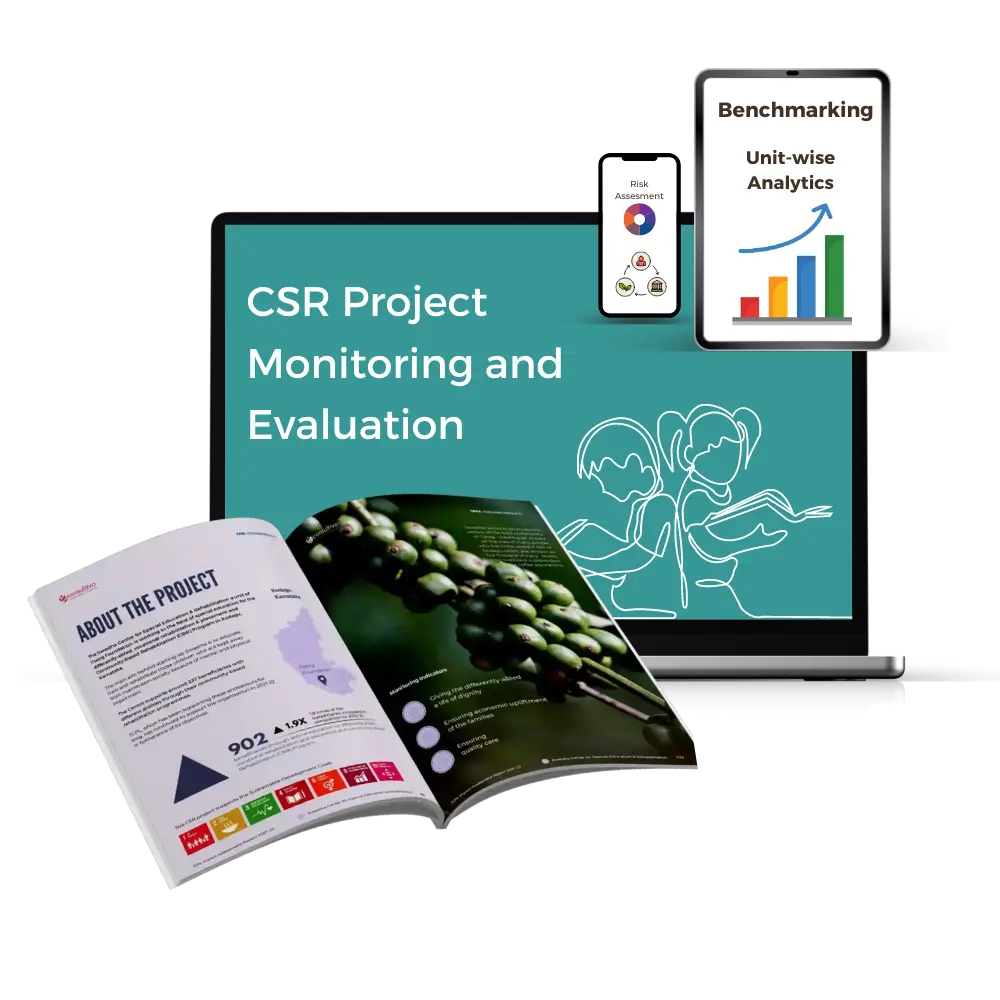
Using the Theory of Change
The Theory of Change is a planning tool. It connects actions to results. NGOs use it to:
- Define the final goal
- Work backwards to set outcomes and outputs
- List needed resources and activities
- Identify assumptions
- Create indicators to track success
This approach helps align all partners on a shared vision. It also improves project design and delivery.
Strengths NGOs bring to CSR
CSR partnerships with NGOs benefit from their special strengths:
- Subject expertise: NGOs often specialise in education, health, environment, or other areas
- Local knowledge: They know local issues, cultures, and solutions
- Community networks: They can mobilise people quickly and build trust
- Flexibility: They can respond quickly to changes or challenges on the ground
These strengths help companies implement CSR more effectively and create greater impact.
Overcoming common partnership challenges
Despite the benefits, partnerships between NGOs and companies may face issues:
- Misaligned goals: Businesses may aim for brand visibility, while NGOs focus on community needs.
- Resource disputes: Conflicts may arise over fund usage or reporting standards.
- Cultural differences: Corporate and NGO work styles can differ, leading to friction.
Clear communication, shared planning, and written agreements help resolve these issues.
Measuring CSR impact
To know if a CSR project worked, it must be measured. NGOs play a big role here.
They help with:
- Impact assessment of CSR projects
- Collecting stories and data
- Analysing what changed for people and the environment
Using tools like SROI (Social Return on Investment), NGOs calculate how much social value a project created. This helps companies understand the impact of CSR in real terms.
These results are also useful for the CSR report, shared with stakeholders and regulators.
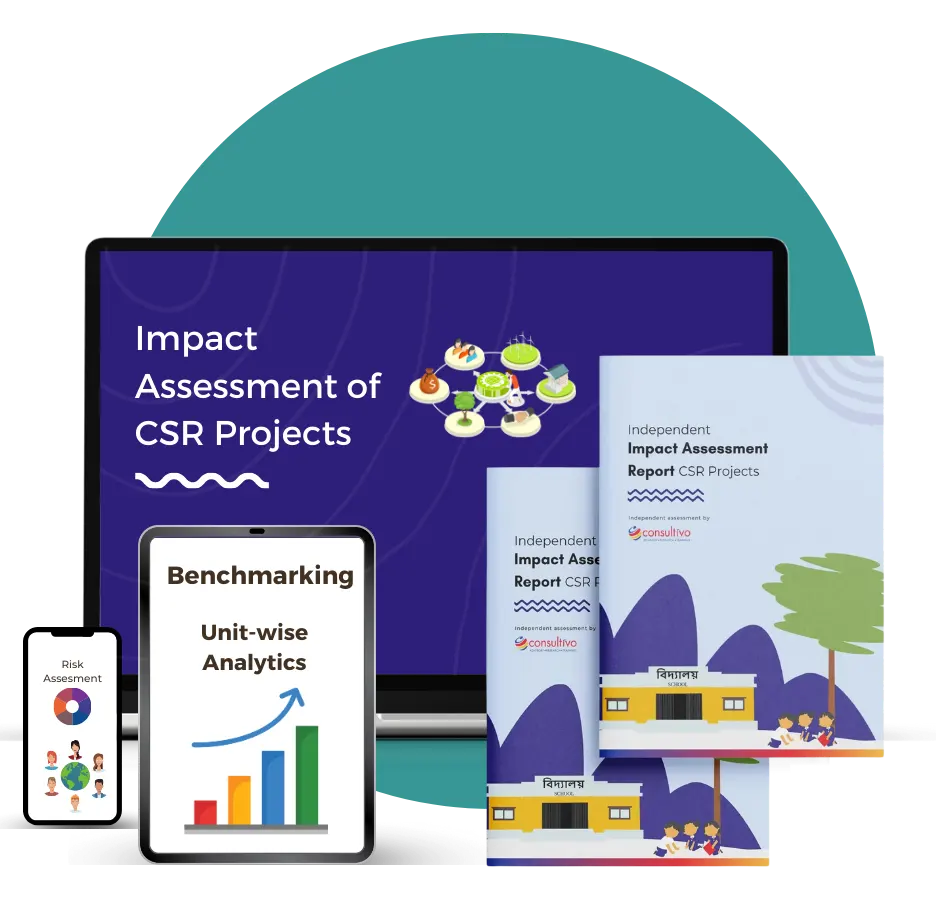
Importance of baseline assessments
Before starting a project, companies and NGOs must conduct baseline assessments. This is a study of the situation before the project starts.
A good baseline study includes:
- Surveys of local people
- Data on income, health, education, or other relevant indicators
- Understanding of community needs and challenges
Baseline data helps set targets and later compare what has improved.
Improving monitoring & evaluation
CSR projects should include regular monitoring and evaluation. NGOs play a key role here. They:
- Track if activities are happening on time
- Collect data on outputs and outcomes
- Talk to communities for feedback
- Help adjust plans if needed
This process makes projects more effective, accountable, and impactful.
Learning and capacity building
CSR is always evolving. So are the skills needed to do it well. Both companies and NGOs benefit from learning.
Corporate social responsibility courses help teams build skills in:
- Planning and strategy
- Reporting and compliance
- Communication and stakeholder engagement
Workshops and stakeholder mapping also help improve project planning.
The way forward: Working together for impact
The partnership between NGOs and companies is key to solving social problems. The goal of CSR is not just to donate, but to create lasting change. This can only happen through:
- Shared goals
- Strong planning
- Regular impact measurement
- Community trust
By choosing the right CSR consultants, conducting assessments, and focusing on impact, businesses can create meaningful change.
When NGOs and CSR work hand-in-hand, the results benefit everyone – communities, businesses, and society.

Let's discuss
Share this post
About the author
Director – Sustainable solutions at Consultivo
Madhabi Guha specialises in the domains of ESG, Social Compliance, Business and Human Rights, Development Projects and focuses on supporting go-to-market teams along with customer and partner relationships. She has been working in the sustainability & business excellence advisory business for over 14 years.
Madhabi has been developing individuals, teams, and organisations in the areas of leadership, excellence and human factors in the field of sustainability, people and community.
Related insights
View more in Impact Stories | Blogs | Knowledge Bank | News and Events




